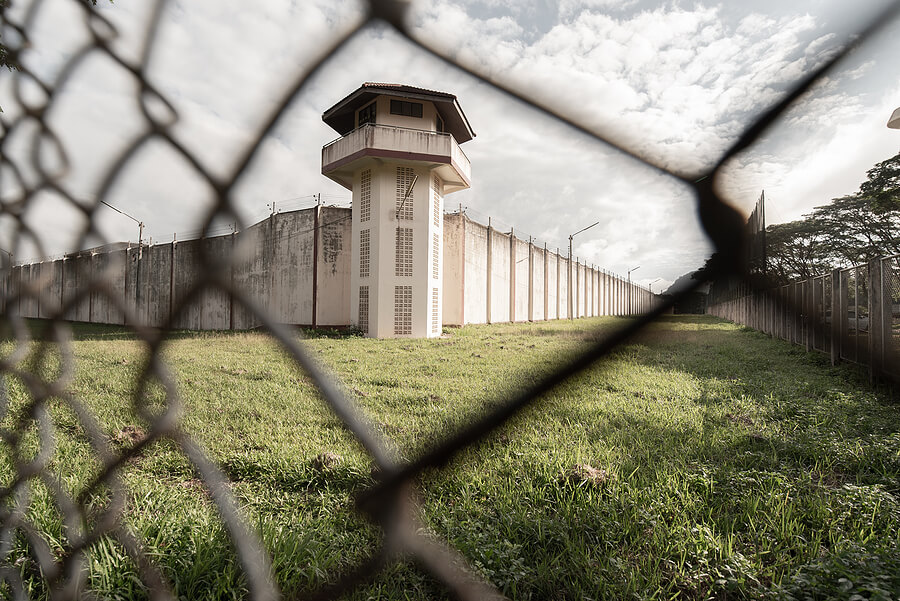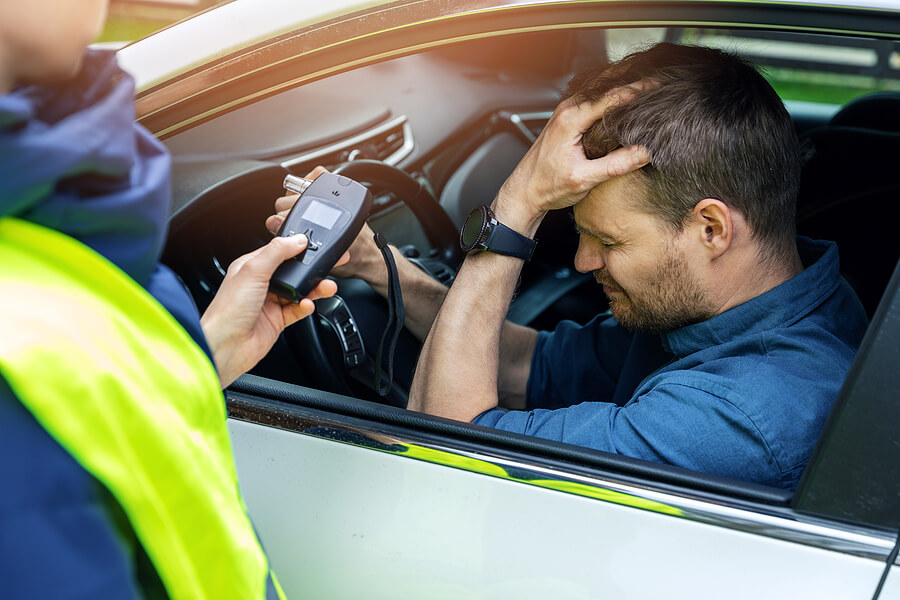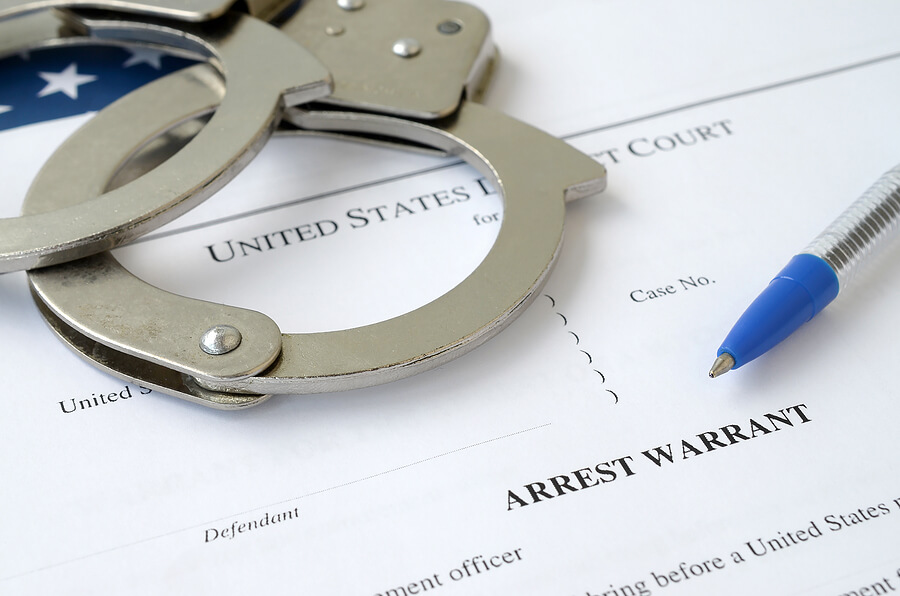Many users post to social media without considering that their words, pictures, or other content could have adverse consequences. Most people like to post pictures of food, their pets, children, or discuss other everyday things. But sometimes what you post can have serious repercussions.
If you are involved in a court case—whether criminal, family law (including divorce and child custody cases), worker’s compensation, or personal injury, for instance—anything posted on social media is available to anyone who finds it. Many people have lost their cases because of something found on their social media.
Divorce lawyers are particularly devious when it comes to finding evidence on social media that can win the case for their clients. In any court case, content posted on social media can and likely will be used as evidence by opposing counsel. Technology means that unless you can prove that your account was hacked, everything can be authenticated before the trial.
Criminal Postings
It seems ridiculous, but many people have been caught and arrested after posting pictures of themselves on social media and even confessing to a crime.

- Mooresville NC— Jade Tyson Brannon, 44, was arrested in June of 2020 for posting threats of violence against law enforcement on social media.
- Fayetteville, NC— Lacy Kornegay, 21, made social media posts with threats against an ethnic group and listed someone else’s address to lead a reader to someone else’s home.
- San Diego, CA—bank employee Arlando Henderson, 29, is arrested by the FBI in December of 2019 after stealing over $88,000 from the bank’s vault. He posted multiple pictures of himself with stacks of cash on both Facebook and Instagram. He used some of the money to put a down payment on a new luxury vehicle, and committed loan fraud to pay the balance.
Last year, the FBI admitted that it searched through social media to try and identify “potential flashpoints for violence.”
Even if your settings are “private,” it’s not uncommon for law enforcement to connect with someone on your friend’s list to obtain evidence. Witnesses can also provide evidence from a social media page.
But doesn’t this come under free speech? Yes, it does—and it’s placed online for the world to see. Therefore, law enforcement may not need a warrant to get it, since discussing anything on social media is no different than discussing it in any public place.
A Real-Life Case
On 9/10/2012, a grand jury indicted Antonio Delontay Ford of involuntary manslaughter and obstruction of justice in the death of Eugene Cameron. The matter went to trial on 7/23/2014, and he was convicted of involuntary manslaughter.
In State Of NC vs. Ford (No. COA15-75, filed in the appellate court, 2/16/2016), the defendant appealed a decision based on the unlawful introduction of some of his social media postings from his MySpace page. The page included pictures of his dog, a pit bull named “DMX,” which attacked and killed Cameron unprovoked.
Neighbors reported previous encounters with this dog, including three incidents of bites. The dog was known to be vicious, and it had been allowed to run through the neighborhood unsecured and unsupervised. The owner of the home where Cameron was found suggested to detectives that they speak with next-door neighbor Ford, a dog owner.
Detectives questioned Ford, he admitted that DMX was his. DNA analysis of both the victim and DMX showed that the dog was responsible for Cameron’s injuries that led to his death.
The night before the trial, a detective discovered Ford’s MySpace page. In addition to pictures and videos of the dog, the page contained a video captioned, “DMX tha Killer Pit.” A second video contained the caption, “After a Short Fight, he killed that mut.” One picture bore the description, “undefeated.” Screenshots of several videos were submitted into evidence, and a rap song sung by the defendant was played for the jury. The song was posted on his Myspace page, and the lyrics denied that the dog was the cause of death.
In his appeal, Ford stated that the court erred in submitting his rap song about the dog, evidence from his online presence, and committed an error in admitting opinion testimony. He attempted to stop the admission of his rap song as evidence but was denied. The jury heard the rap song in its entirety, including racial epithets and other profanities. Ford contended that the content offended the jury, which caused them to overlook the “holes in the State’s case.” Conversely, the prosecution showed that not only did Ford know that DMX was a dangerous and vicious animal, but he was also proud of it. Ford’s social media supported this assertion.
The court disagreed with Ford’s appeal:
“Pursuant to North Carolina General Statutes, section 8C-1, Rule 402, “[a]ll relevant evidence is admissible, except as otherwise provided by the Constitution of the United States, by the Constitution of North Carolina, by Act of Congress, by Act of the General Assembly or by these rules. Evidence which is not relevant is not admissible.” N.C. Gen. Stat. § 8C-1, Rule 402 (2013)
Your Criminal Defense Counsel In Raleigh
If you’ve been charged with a crime—any crime—the first thing to do is stay off social media, and avoid posting anything until you speak with a criminal defense attorney.
Even as a misdemeanor, any type of conviction can have long-ranging consequences that impact your life, including a permanent criminal record.
If you’ve been arrested and are facing any kind of criminal charges, call the law offices of Dewey P. Brinkley today for a free initial consultation to discuss your case at (919) 832-0307. You can also email us using our online contact form.

 These misdemeanor categories are:
These misdemeanor categories are: North Carolina Law
North Carolina Law Also called trial lawyers, these attorneys defend people and companies who have been sued. In some cases, there is money involved. Lawyers who deal with civil litigation cover many fields of civil law, including:
Also called trial lawyers, these attorneys defend people and companies who have been sued. In some cases, there is money involved. Lawyers who deal with civil litigation cover many fields of civil law, including: Most protestors are arrested for minor infractions such as failure to disperse or resisting a public officer. That was the case in Charlotte when over 100 people were arrested after protests.
Most protestors are arrested for minor infractions such as failure to disperse or resisting a public officer. That was the case in Charlotte when over 100 people were arrested after protests.  This generally involves an individual demanding payment or other compensation in exchange for doing or not doing something. This felony is covered by
This generally involves an individual demanding payment or other compensation in exchange for doing or not doing something. This felony is covered by  Persons currently or previously married
Persons currently or previously married Criminal charges are either a misdemeanor or a felony, depending on the intent. If someone just breaks into a home, it’s usually a misdemeanor.
Criminal charges are either a misdemeanor or a felony, depending on the intent. If someone just breaks into a home, it’s usually a misdemeanor. The usual Schedule 1 drugs are covered here:
The usual Schedule 1 drugs are covered here: Protesting comes under the First Amendment and “free speech.” This means that you have the right to express an opinion in public, anytime, anywhere, with some limitations. (Not all speech is “protected” by the First Amendment, such as inciting riots or “fighting words.”) Protests and demonstrations on private property, such as a place of business or employment, are not as protected.
Protesting comes under the First Amendment and “free speech.” This means that you have the right to express an opinion in public, anytime, anywhere, with some limitations. (Not all speech is “protected” by the First Amendment, such as inciting riots or “fighting words.”) Protests and demonstrations on private property, such as a place of business or employment, are not as protected.